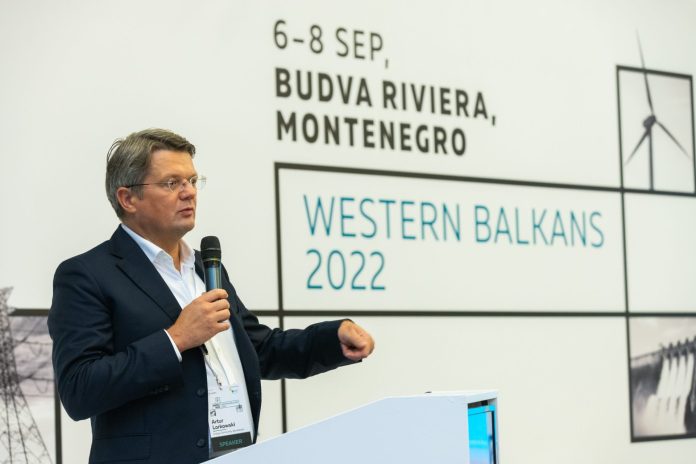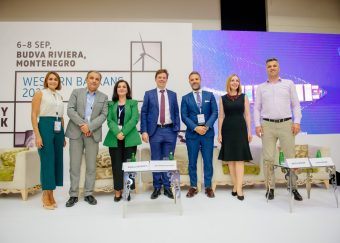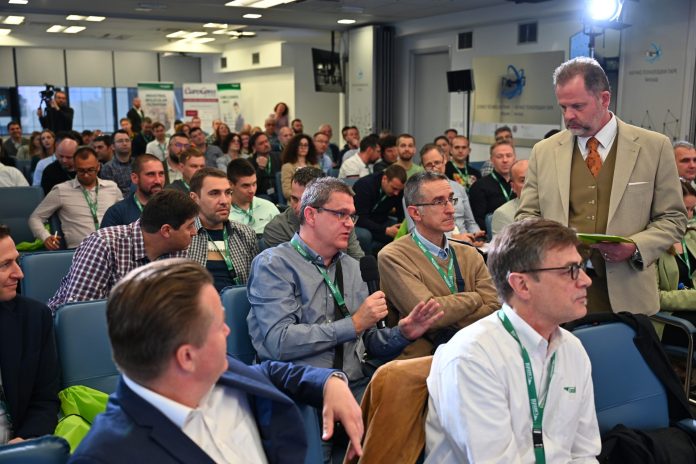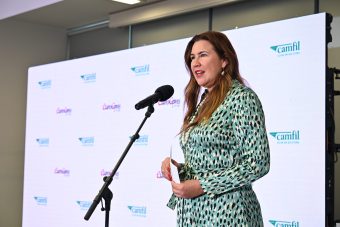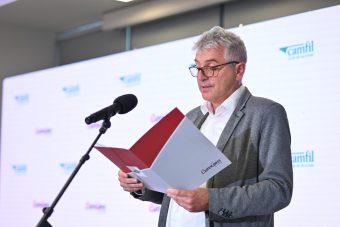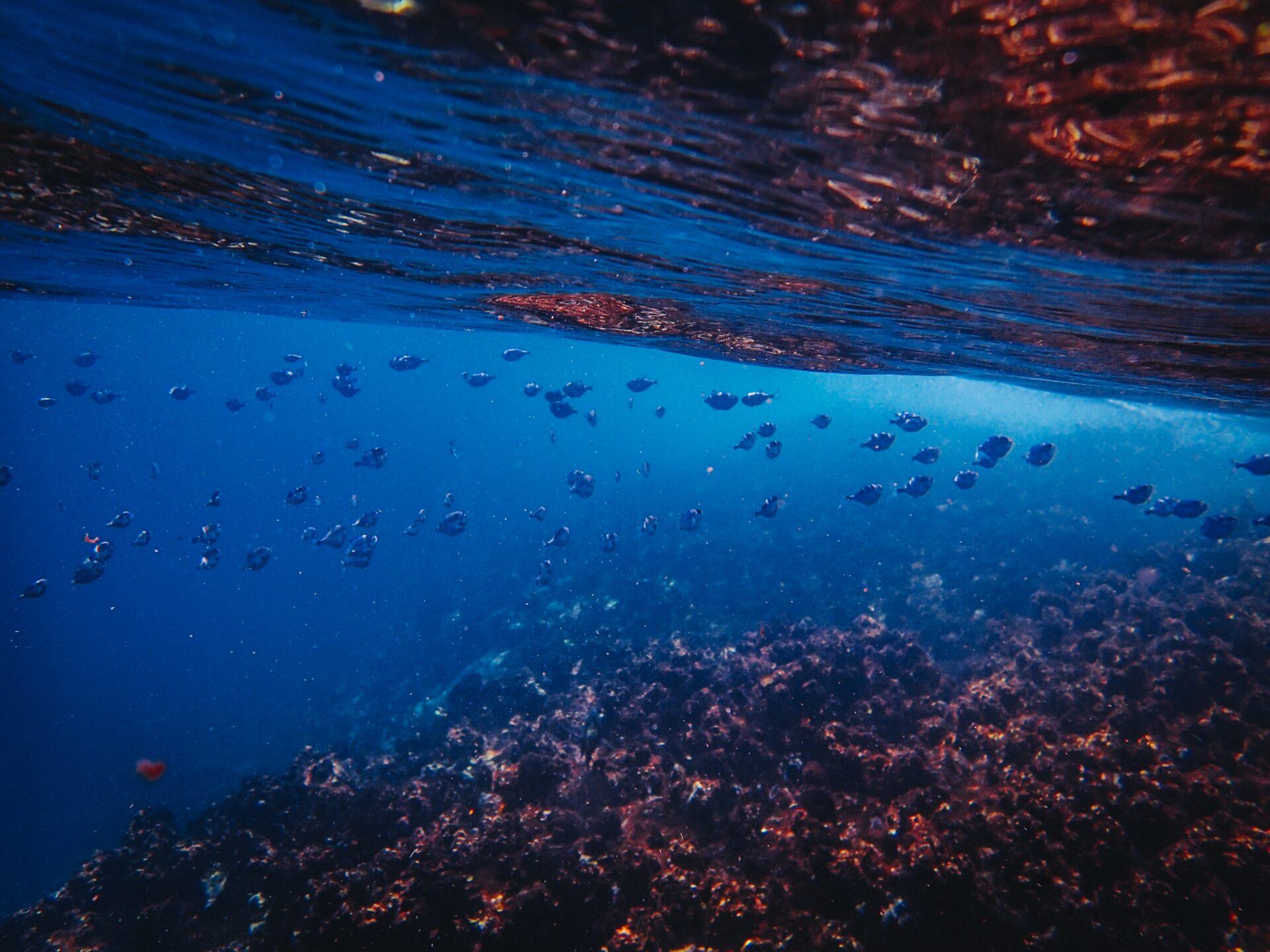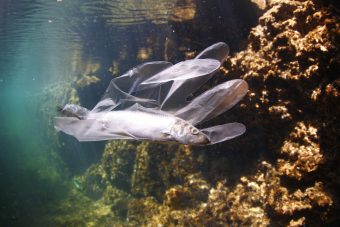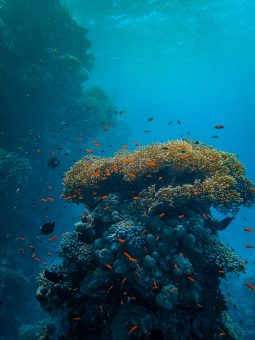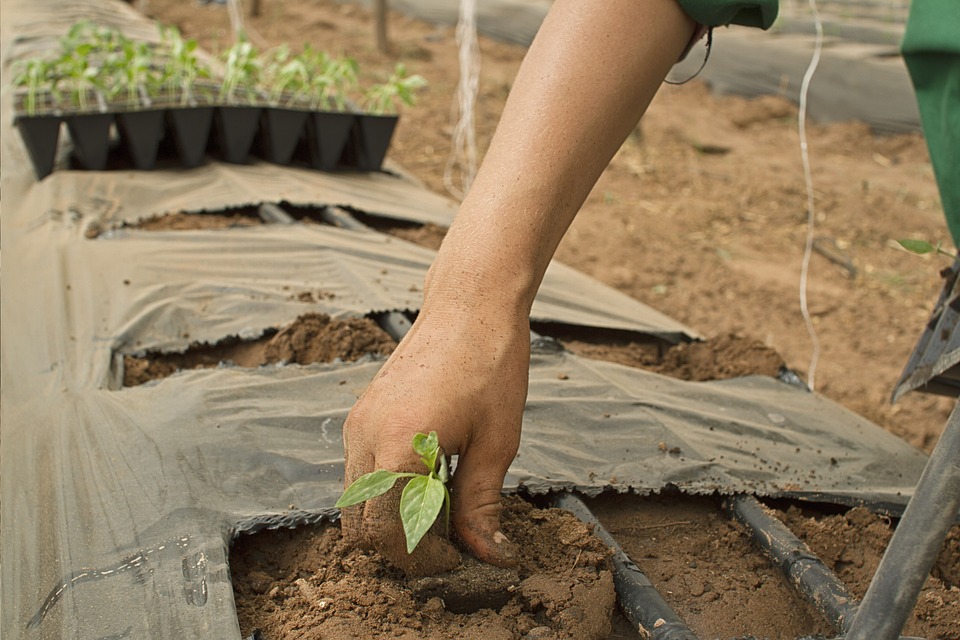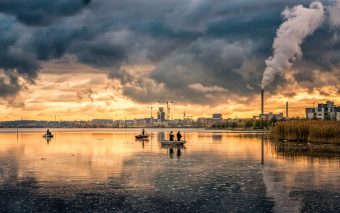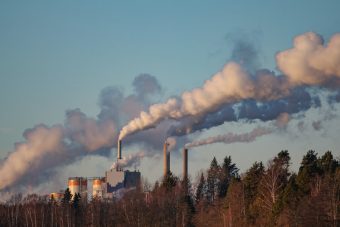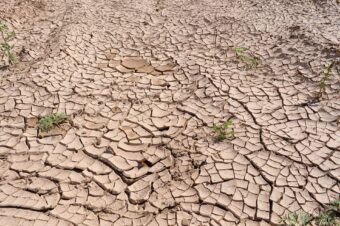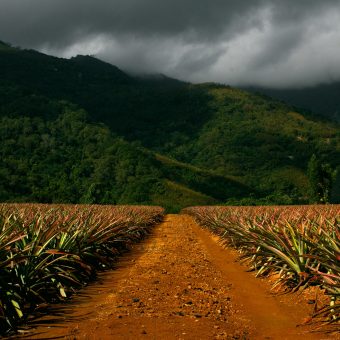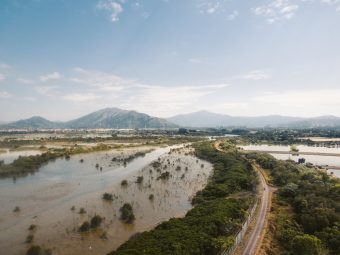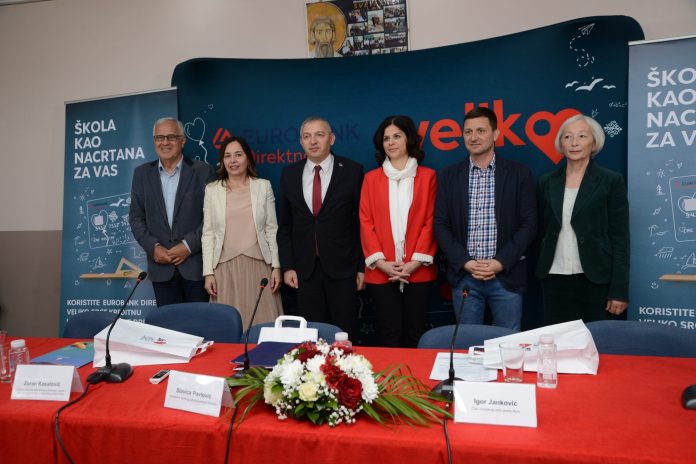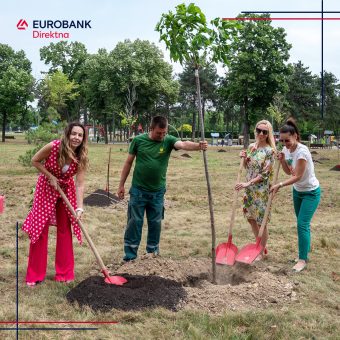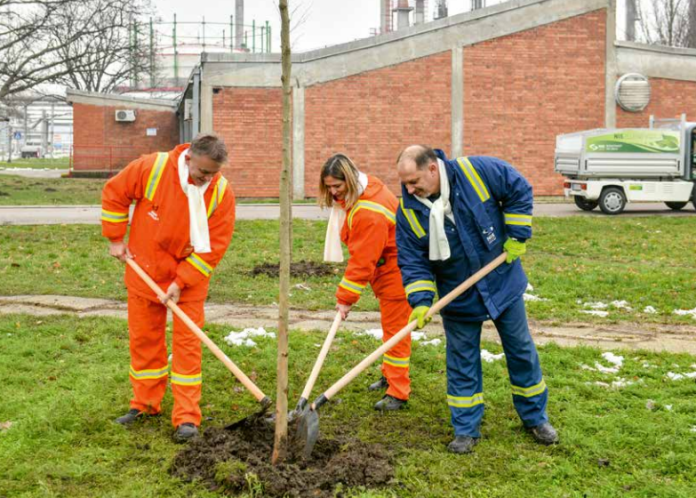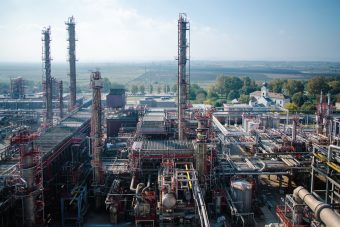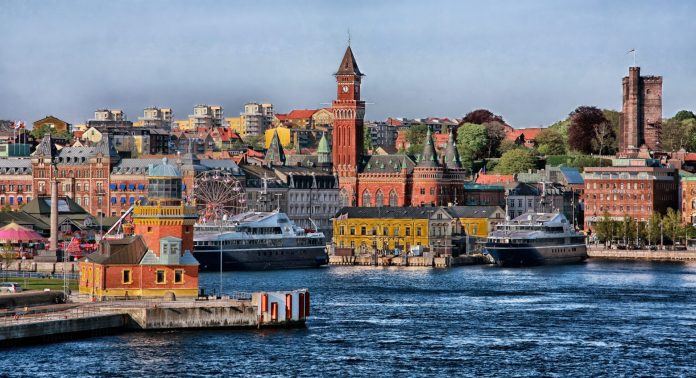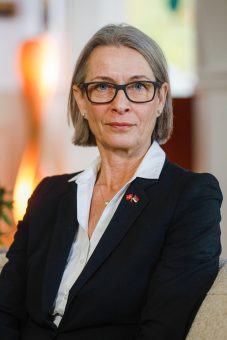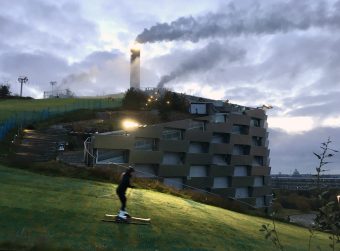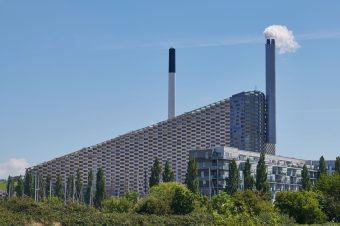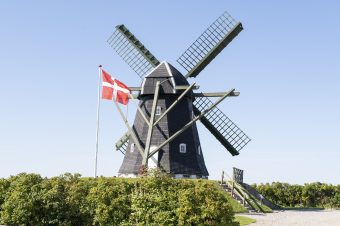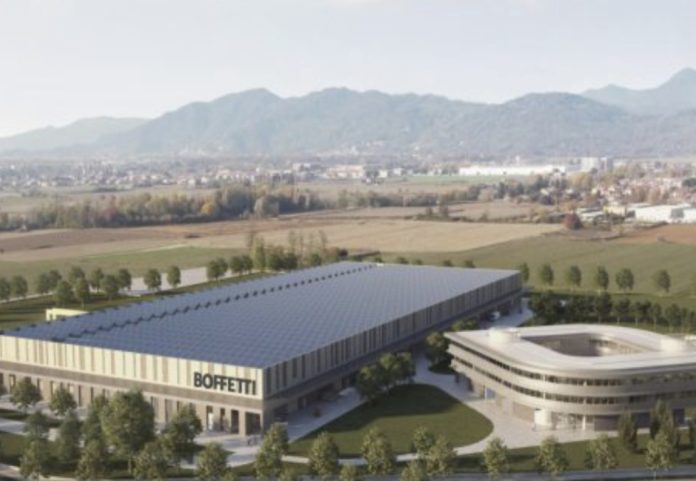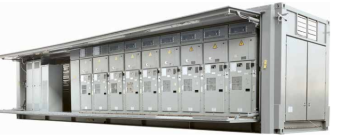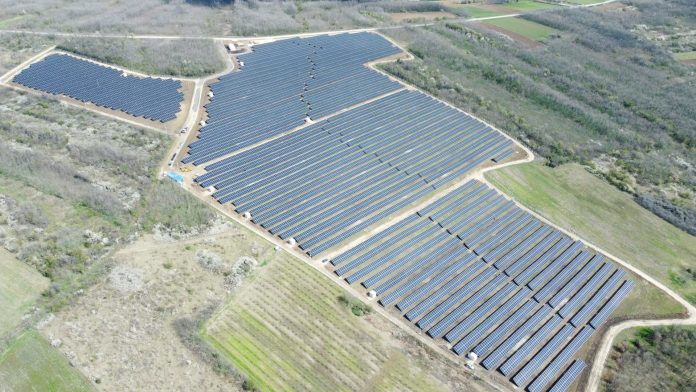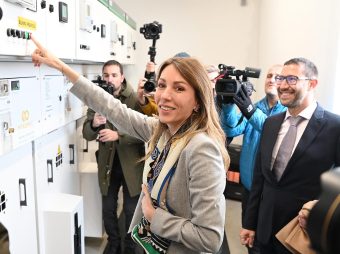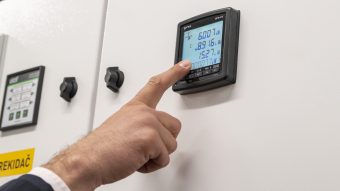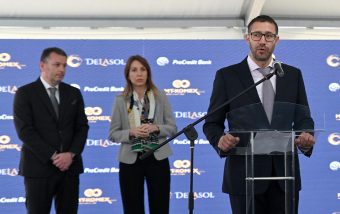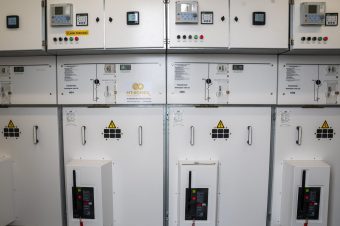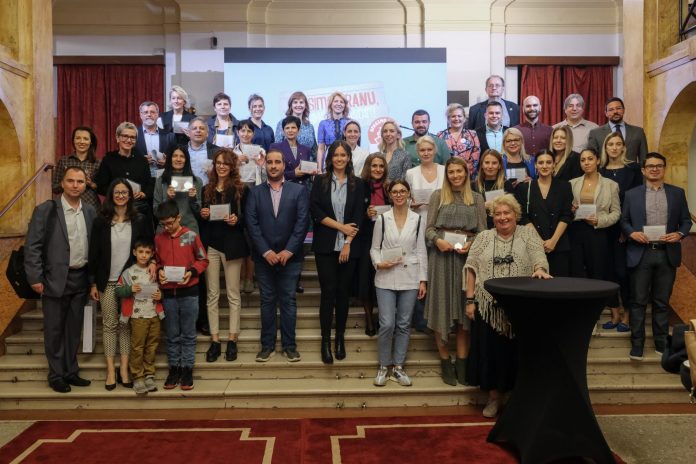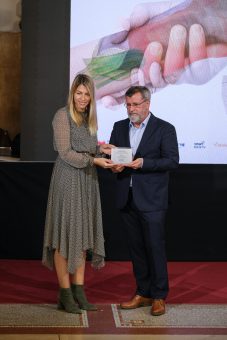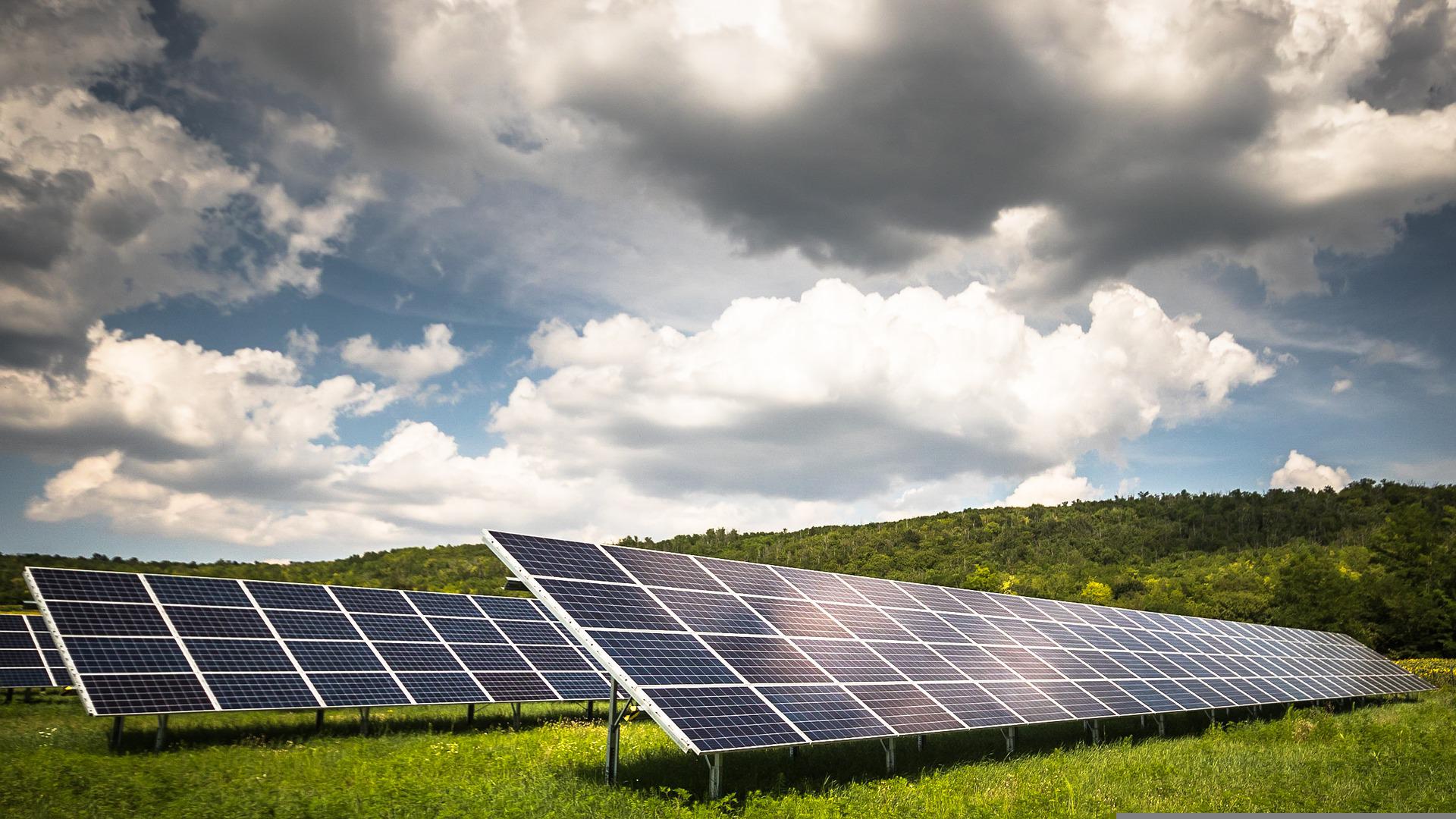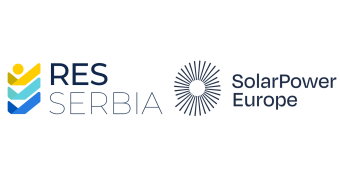
The EEA briefing ‘How far is Europe from reaching its ambition to double the circular use of materials?’ shows that, in 2021, about 11.7 percent of all materials used in the EU came from recycled waste, up from 8.3 percent in 2004.
Enhanced recycling will speed up this progress but it needs to be complemented with reducing the overall material inputs to meet the target of doubling the share of recycled waste in the use of materials by 2030. Getting closer to the target could, for example, be achieved by increasing the recycling rate of all treated waste from current 40 percent to 70 percent, decreasing overall material inputs by 15 percent, and reducing the amount of fossil fuels used by 34 percent.
Moreover, a special focus should be paid on non-metallic minerals, such as construction materials, as these account for about half of all materials used in the EU. From an environmental perspective, it would also be beneficial to focus efforts on materials with the highest negative impacts in their production, especially fossil fuels and biomass.
Monitoring waste prevention
Waste prevention is one of the key strategies to achieving a circular economy because it can reduce resource use, maximise the useful life of products and materials, and promote demand for more sustainable products. However, it remains difficult to establish a link between waste prevention polis and waste generation in the EU.
More:
- LEADING NGOS LAUNCH COALITION TO ADVOCATE FOR FOOD WASTE POLICY
- WASTEWATER TREATMENT AND PRESERVATION OF FRESH WATER SOURCES
- MORE WORKERS, MORE RECYCLED HAZARDOUS WASTE, A HEALTHIER ENVIRONMENT
The EEA analysis ‘Tracking waste prevention progress’ proposes a new set of indicators dedicated to monitoring long-term trends in waste prevention. The indicators focus on the drivers of waste generation, waste prevention policies enablers, and resulting outcomes in reduced waste and emissions. Putting this monitoring framework in full use, however, requires more specific data and information collected across the EU in a systematic and harmonised way.

Currently, almost all EU Member States have some quantitative targets and indicators on waste prevention but these targets and indicators vary widely, the EEA report notes. Setting EU-level waste prevention targets, such as the food waste reduction target that is currently being developed, can also help to set the direction and an objective for measurement and to strengthen obligations on waste prevention.
Tracking waste prevention progress
Supporting the two assessments, the EEA has also published updated ‘Waste prevention country fact sheets’, which show country-specific data and analysis on waste prevention efforts in EEA member and cooperation countries across Europe.
Revised monitoring framework
The European Commission published a revised Circular Economy monitoring framework earlier this week. The revised framework helps to better track progress in the transition to a circular economy in the EU and considers how it can contribute to climate neutrality, resilience and global sustainability.
Source: EEA



